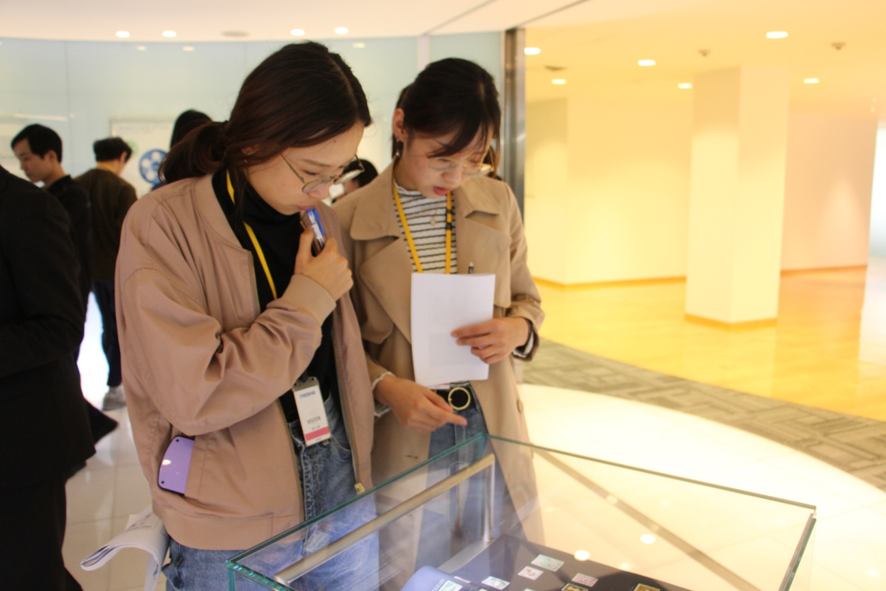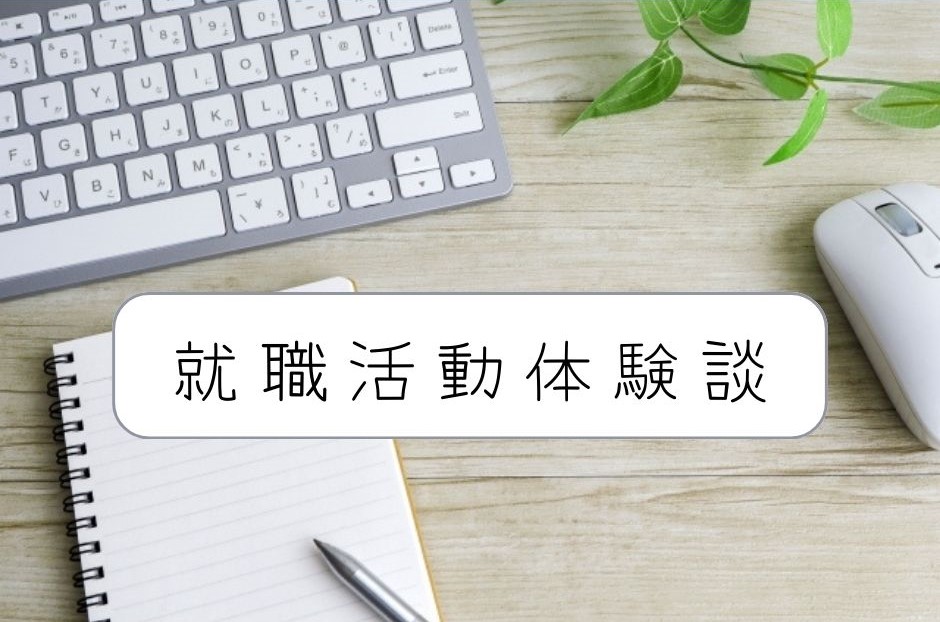How this former student started her own company in Kyoto
2024.01.12
Starting her own business in Kyoto
Q: Why did you want to start a business in Japan?
A: “I graduated in the middle of the pandemic, so the economy was not in great shape. I was also inspired by something I’d studied at school. We’d been learning about the inventor of instant ramen, Momofuku Ando. It was after experiencing the hardships and food shortages of the war that he created the instant noodles to provide easy access to food. Learning about the importance of food during hard times was an inspiration to me, and made me think I ought to find a way to treasure and provide food from my own country–to bring happiness through food, even during hard times. During COVID, of course, I couldn’t visit home. That’s what gave me the idea to make a store to sell Vietnamese food.”
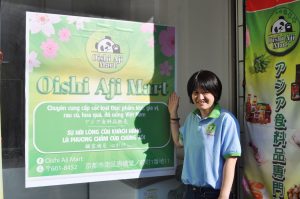
Q: How did you go about starting your company?
A: “Ikenobo Junior College offers career guidance, so I spoke with my teachers for advice. They helped me a lot with figuring out what I could and couldn’t do, and what I’d need to start my own business. It was a lot of paperwork. (laughs) It took about a year and a half of preparation, including all the consultation, and just getting ready to start it.
“As a student, I was actually working part-time at an AEON mall near here doing similar work before that. There are a lot of Japanese food shops nearby, but I’m pretty sure I’m the only Vietnamese specialty shop!”

Q: What kind of items does Oishi Aji Mart sell?
A: “Mostly Vietnamese foods like seasoning, snacks, instant ramen, juice, and other products. I see a lot of Vietnamese customers coming in, but of course there are Japanese customers, too. I’m hoping to host some events to introduce my products to more Japanese customers in the future, maybe even at a festival.”
Q: How do you select which products to sell?
A: “I mostly select items that are easy to eat right away, and seasoning that’s hard to find elsewhere in Japan: chili sauce and other things that have strong spicy or salty flavors!”
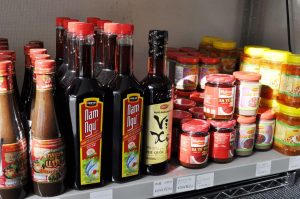
Q: What do you do at the shop?
A: “I do everything. (laughs) I open the shop, clean, prepare to open, make sure items are in stock, sell to customers, and so on. I’m thinking of hiring someone to work here part-time to help me, too.”
Q: What was the most difficult thing about opening your shop?
A: “A lot of things were difficult. It took quite a lot of time to find a place to open the shop – of course, it costs quite a bit of money, but it’s a bit difficult to find a place that will let a newcomer open a shop. I had to ask around a number of places. As a foreigner, too, I wanted to be sure I understood all the contracts perfectly, so I asked Japanese speakers for help.”
Q: What do you like about your work?
A: “I like the interactions with people–my customers and my distributors–and the chance to get better at Japanese. I’m especially learning a lot of words related to finance! (laughs)”
Q: Did your studies in school influence your work at all?
A: “I think the idea of beauty (“bi”) and harmony (“wa”) being internal and external has an influence. I like to use aromatherapy products in the store for relaxation, and make sure I serve my customers with the warm service I learned in my studies. We studied the formal Japanese (keigo) you need for these kind of service interactions, but of course if a Vietnamese customer comes in, I don’t need to worry about this so much.”
Looking to the future
Q: What future plans do you have for Oishi Aji Mart?
A: “I’d like to try doing some more events. One dream I have is maybe opening up some kind of restaurant someday. I’d also like to use my background and certification in aromatherapy to sell aromatherapy-related products. I’ve named my store “Oishi Aji” (“delicious taste”) Mart, but this oishii includes the meaning of both taste and smell.”
Q: Please share a message for other international students in Japan who might consider starting their own businesses.
A: “Aim for your goal and do your best! You’ll need a lot of research, and of course, some money. It’s hard to do everything yourself, but you’ll learn a lot.”
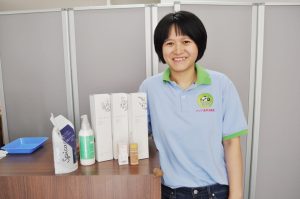
Opening a business involves a lot of risk and work in any circumstance, but doing so at the end of a pandemic, and in a foreign country is no easy feat! Still, as Chiem’s story shows, with the kind of robust support you can find at some of Kyoto’s schools, international students, too, can make these dreams a reality.
Kyoto is also home to the Kyoto International Startup Center, which provides support for foreign entrepreneurs in Kyoto. Your dream of starting a business can come true here in Kyoto, too!






